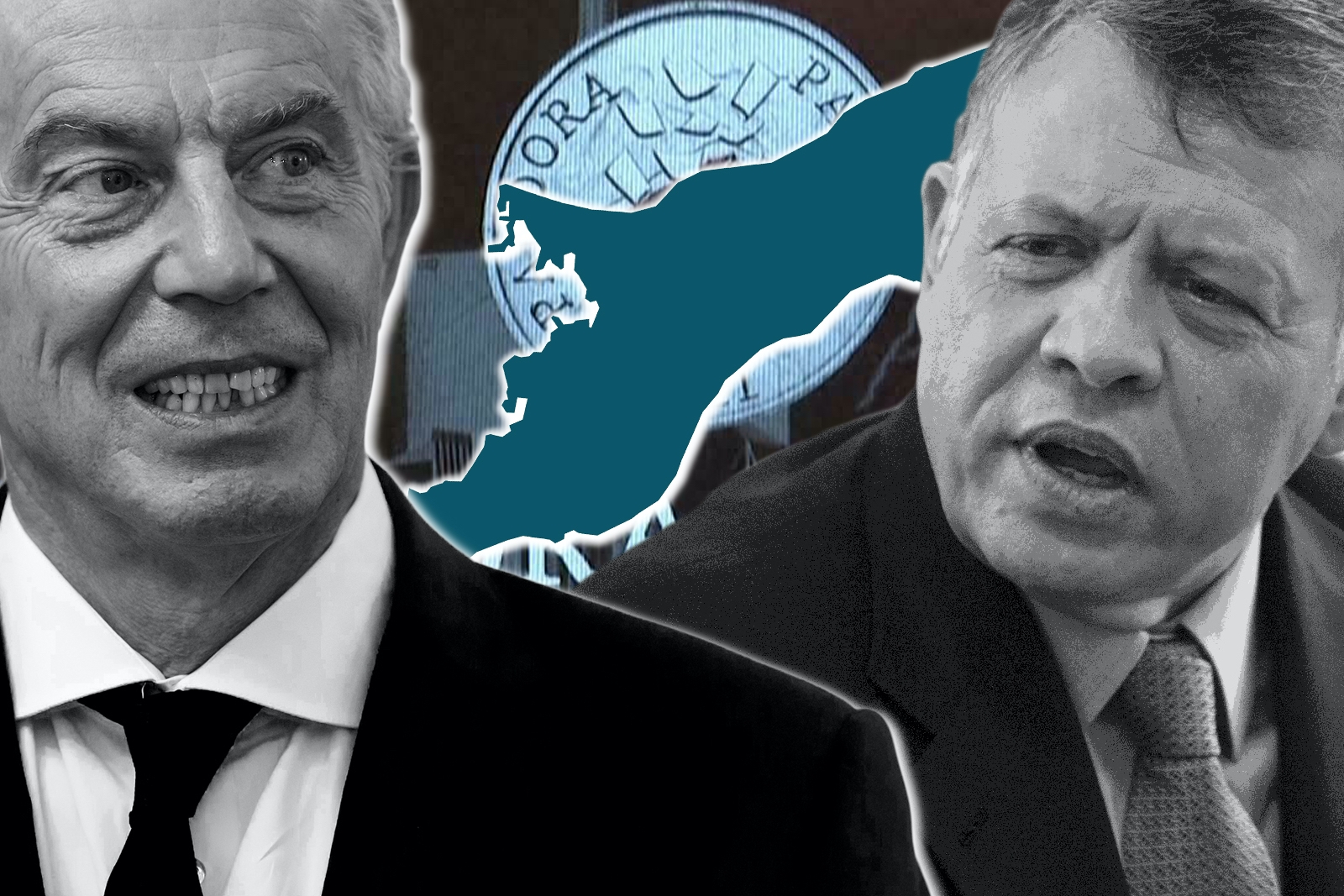
Business
Will the Pandora Papers Finally Mean the End of Tax Havens?
Five years after the Panama Papers and barely more than a year since the FinCEN Files, another trove of leaked documents that shines a light on the international financial system is taking the world by storm. The so-called Pandora Papers are a collection of nearly 12 million documents from companies hired by the world’s elites to help them hide their wealth in tax havens. The files were leaked to the US-based International Consortium of Investigative Journalists (ICIJ) and at 2.94 terabytes it is the largest such leak in history.
Among the most powerful figures named in the files are leaders such as King Abdullah II of Jordan, Czech Prime Minister Andrej Babiš, former British Prime Minister Tony Blair and Sebastián Piñera, the billionaire president of Chile. Other names, such as Russian strongman Vladimir Putin and Pakistani Prime Minister Imran Khan, do not appear directly in the leaks, but have been put under pressure by the involvement of many of their associates in the scandal.
It remains to be seen what the ramifications of the Pandora Papers will be. While the revelations that began in 2016 with the Panama Papers did trigger some responses from world governments, who sought to limit the amount of money pouring into offshore accounts, the system remained largely unchanged. It is only marginally more difficult to stow billions of dollars in tax havens now than it was in 2016.
In what was perhaps Europe’s most visible effort to curtail tax fraud, the European Union set up a list of “non-cooperative jurisdictions for tax purposes” in 2017, purportedly to identify and chastise the world’s tax-havens. The blacklist was heavily criticized for including poor countries on the grounds that they are not signatories of various global tax agreements, but does not include jurisdictions that are blatant tax-havens.
Entering farcical territory, the list was further weakened this week, when a mere two days after the Pandora Papers appeared, a meeting of EU Finance Ministers decided to remove Anguilla, Dominica, and Seychelles from the list. The decision was described as “grotesque” in the context of Anguilla being the last remaining jurisdiction in the world with a 0% tax and Seychelles being at the heart of the Pandora Papers revelations. Currently, only nine entities remain blacklisted as “non-cooperative”: American Samoa, Fiji, Guam, Palau, Panama, Samoa, Trinidad and Tobago, US Virgin Islands, and Vanuatu, countries, and territories that form a veritable drop in the ocean of global tax avoidance.
But perhaps the most bizarre change to the list came in 2020, when the Cayman Islands was added to the list in February, only to be removed in October of the same year. The U-turn was met with considerable backlash, the move being described by critics as proof of the EU buckling under the pressure exercised by global capital. Chiara Putaturo, Oxfam’s EU tax policy adviser, described the Caymans as “one of the world’s most notorious tax havens” and its removal from the list as proof that the process isn’t working.
To understand the strong backlash against the quick reinstatement of the Caymans among the EU’s good books, one must see the British overseas territory for what it really is: a hub to stow away money for the wealthiest people on the planet. The Caribbean territory has a population of just 65,000, but has more than 100,000 registered companies, usually shell companies used by international businesses, including tech giants such as Facebook and Google, to hide their money from taxation efforts.
Unsurprisingly, the local government of the Cayman Islands is hardly bothered by the irregularities happening under their own noses. The laissez-faire attitude that made the Caymans such a popular destination goes beyond tax avoidance, with outright thefts and frauds being allowed to take place without any intervention from the authorities.
A particularly striking example of such an occurrence in recent years is the case of the Gulf Investment Corporation (GIC) and the Port Fund, managed by the embattled KGL Investment (KGL) company, which exposes the labyrinthian mechanisms at work on the Caribbean islands. In 2020, the GIC, owned by the member states of the Gulf Cooperation Council (GCC), filed claims against KGL to discover why “hundreds of millions of dollars are missing” from the Port Fund. GIC alleges that KGL has siphoned off proceeds from the sale of Port Fund assets in the Philippines.
The GIC maintains that the Port Fund sold a Filipino infrastructure project for roughly $1 billion, but only disclosed $496 million in proceeds and disbursed a mere $305 million to the fund’s investors. GIC also alleges that KGL was indirectly helped by a Cayman law firm – Walkers – through negligence, which allowed the hundreds of millions to disappear right under the law firm’s watch.
In almost any other jurisdiction in the world, such obvious wrongdoings would swiftly be dealt with as a classic case of crooked executives making away with investors’ money. Indeed, several high-ranking executives of KGL, including CEO Marsha Lazareva and Saeed Dashti, another leading executive, were arrested in Kuwait and sentenced to 15 years in prison for fraud in November 2019. But in the Caymans, even such a seemingly open-and-shut case is ignored by the authorities.
The incestuous mechanisms of protection used by the elites could be seen clearly through the actions of KGL, which spent $2.5 million on lobbyists in the first quarter of 2019 alone to protect Lazareva and others from prosecutions, an effort that included Neil Bush, brother of former US President George W. Bush, and Cherie Blair, lawyer, and wife of former UK Prime Minister Tony Blair.
And so, despite much sword rattling against tax havens, including Joe Biden’s announcement of a “seismic plan” to end international tax avoidance, it’s business as usual for places like the Caymans. The publication of the Pandora Papers will no doubt ruffle many feathers and leave plenty of politicians red-faced, but it is unlikely to fundamentally change the manner in which tax havens operate.
